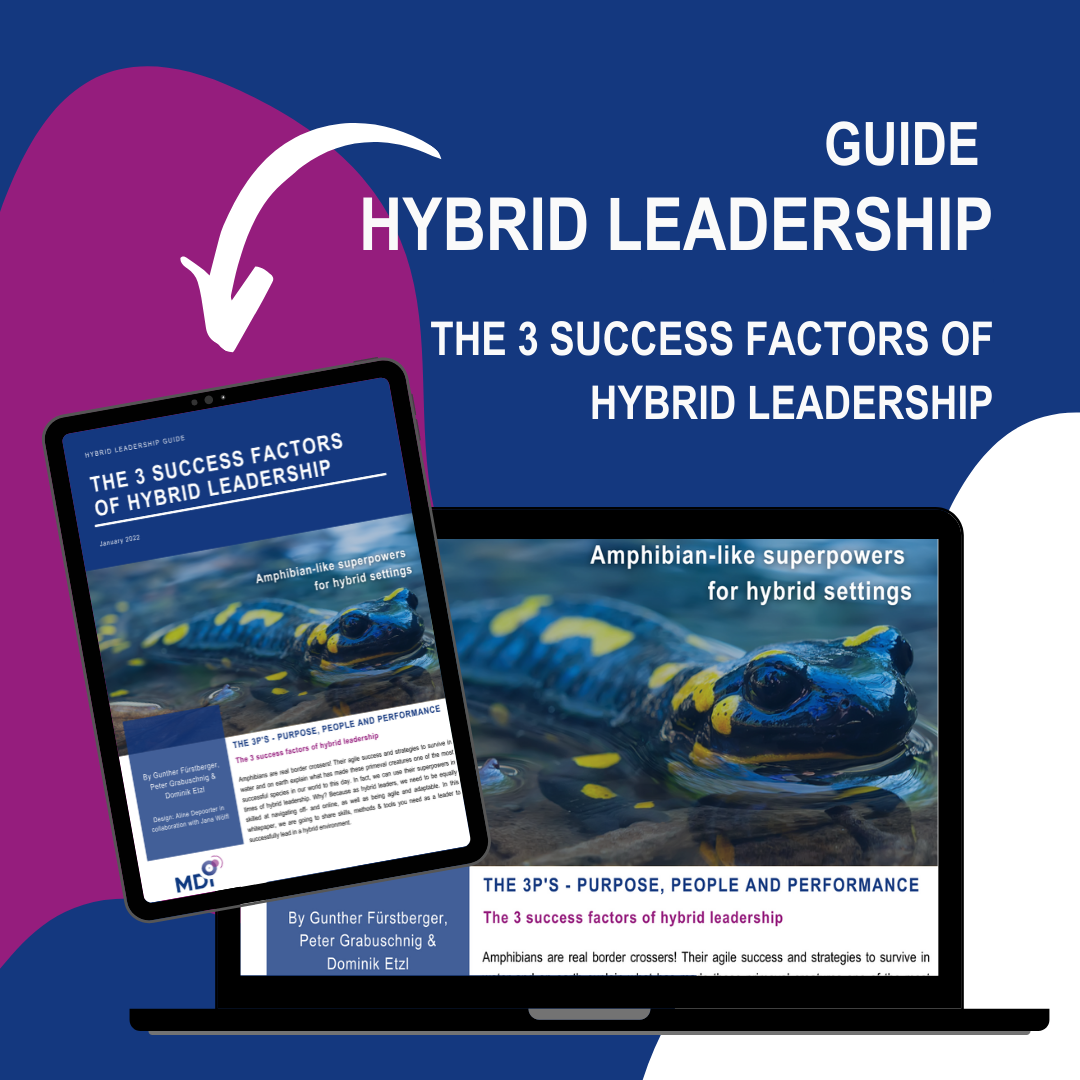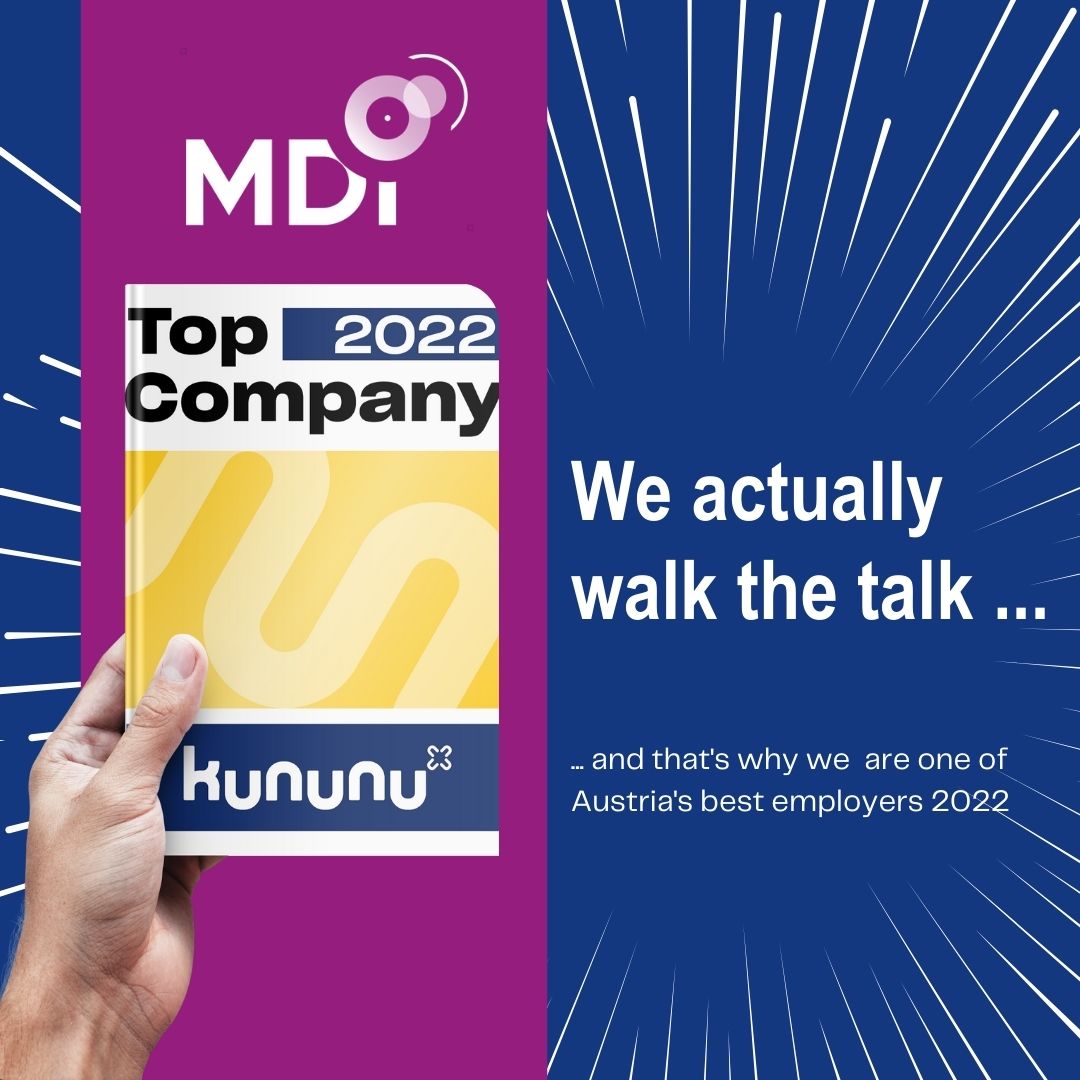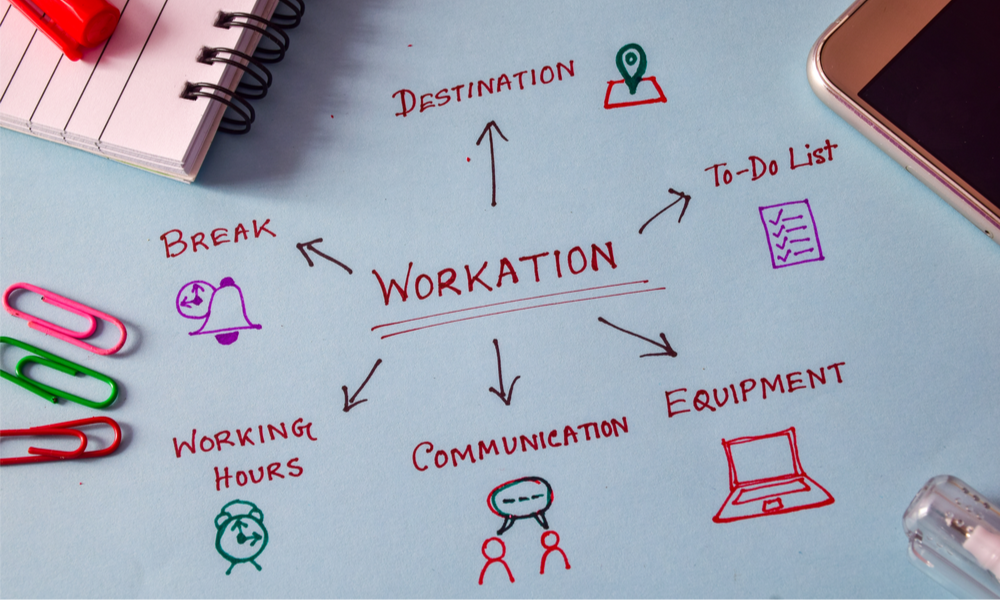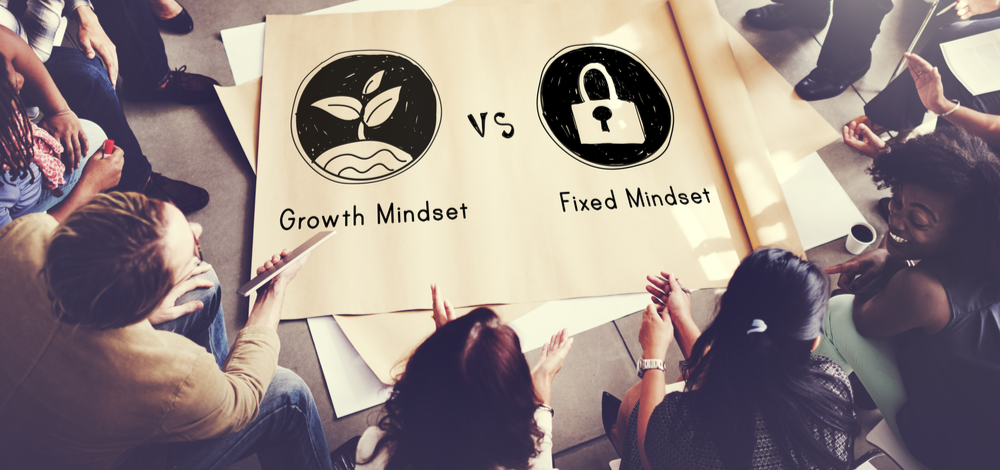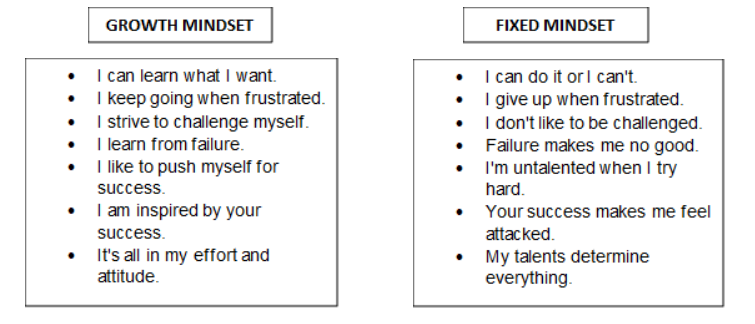
Third Workplace – A Plea for More Flexibility
Third Workplace – A plea for more flexibility
And here I am, sitting in Croatia, on the decked patio, at the dining table with my work laptop and a sleeping cat – that came with the all-inclusive holiday home ?
Work from Anywhere
Spontaneously I decided in the morning to have a “Work from Anywhere” day instead of my current holiday day – because the weather is not looking inviting. Instead, I put my holiday day on next Monday. With bright sunshine, a day at the beach is simply more fun and the relaxation factor is much higher.
Transparent communication
Luckily, our CEO feels the same way – one WhatsApp message later, the plan is set. Partner and holiday companions have flown out, so the necessary rest is guaranteed. Let’s get started!
I immediately informed our team via Microsoft Teams message @all – about the changes in my availability. When you are not visibly on site, transparent communication is all the more important. Some team members quickly took the opportunity to clarify urgent issues with me.

About Aline
Aline joined MDI in 2020 as a Marketing Manager with over 10 years of B2B marketing experience. She is primarily responsible for the overall coordinated organisation of MDI’s advertising activities and the management of marketing projects. This includes, among others, the MDI Business Unit SDI as well as Leadership Horizon and personalist.at. Aline is a strong marketing all-rounder with a passion for leadership development, digital transformation and event organisation.
In this article, Aline shares her personal experiences and some “Third Place Working” learnings.
What do I need to work effectively from anywhere?
- A good internet connection (this is probably not a big surprise). It’s best to clarify the internet performance again by phone or email directly before you go on holiday
- Shade when working outdoors. That way the laptop screen is not blinding
- An extension cable (sounds trivial, but this way you can really work from anywhere)
- If you have the possibility of renting a holiday home/hotel room with a furnished workstation or at least a PC screen, it’s even better
- Think of enough screen breaks
- A certain time structure and work packages with breaks
- Water, coffee, refreshments of choice
Get to know your own working style
Personally, fewer distractions are better for me. By that I mean children, family, friends, etc. In other words, people who are not working with me at the same time. Because I am definitely a “people person”. If other people who are not working talk to me frequently, I get distracted more quickly.
So my tip here would be: get to know your own working style. I am very creative, for example, in moving forms of transport (plane, train, bus, car, etc.) or when things are happening passively around me (coffee, park, waiting room, etc.).
It shouldn’t be too quiet for me. I love music in the background and vary the style of music according to the motivation I need (chill out always works, classical music helps me to concentrate, 90s songs motivate me and encourage me to sing along loudly).
It’s also good to have several seating options so that you can remain at least somewhat ergonomic. A pool to cool down and get some exercise in between is of course a big plus. But a yoga mat or a short walk will also do.
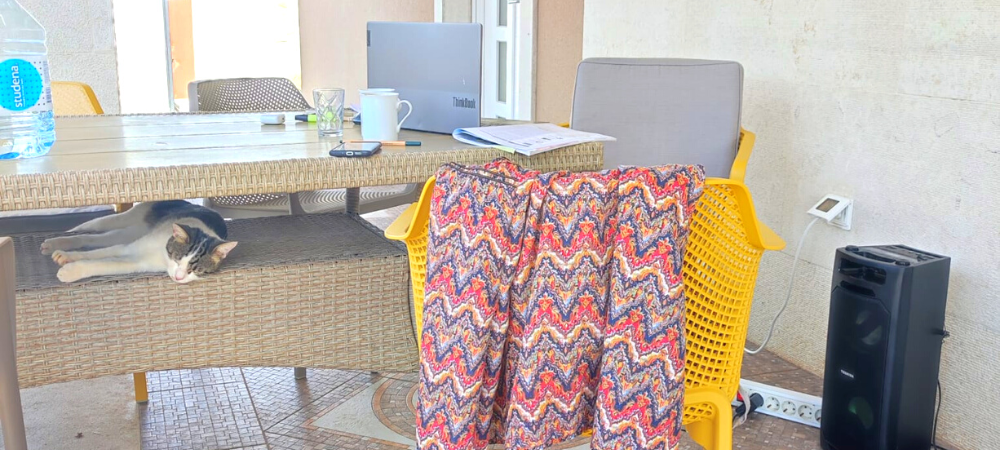
Pro Tip – Coworking Spaces:
If there is little/no opportunity to work quietly or more ergonomically, look for co-working spaces (with daily or weekly rates) in your area. There are now an increasing number of them. Apart from the better quality of work, you can network during breaks and make new, exciting contacts.
In my area, currently Pula, there is for example the Club Kotac with free admission, air conditioned, fast internet (30/20 Mbit/s), 10-18h Mon – Fri. A great alternative!
Currently, however, I don’t want to abandon the cat, so I’ll stay ? .
There are already some search tools to help you with your quest here:
Flexibility as a motivating factor for work?
Employer Attractiveness – Trends and Tendencies
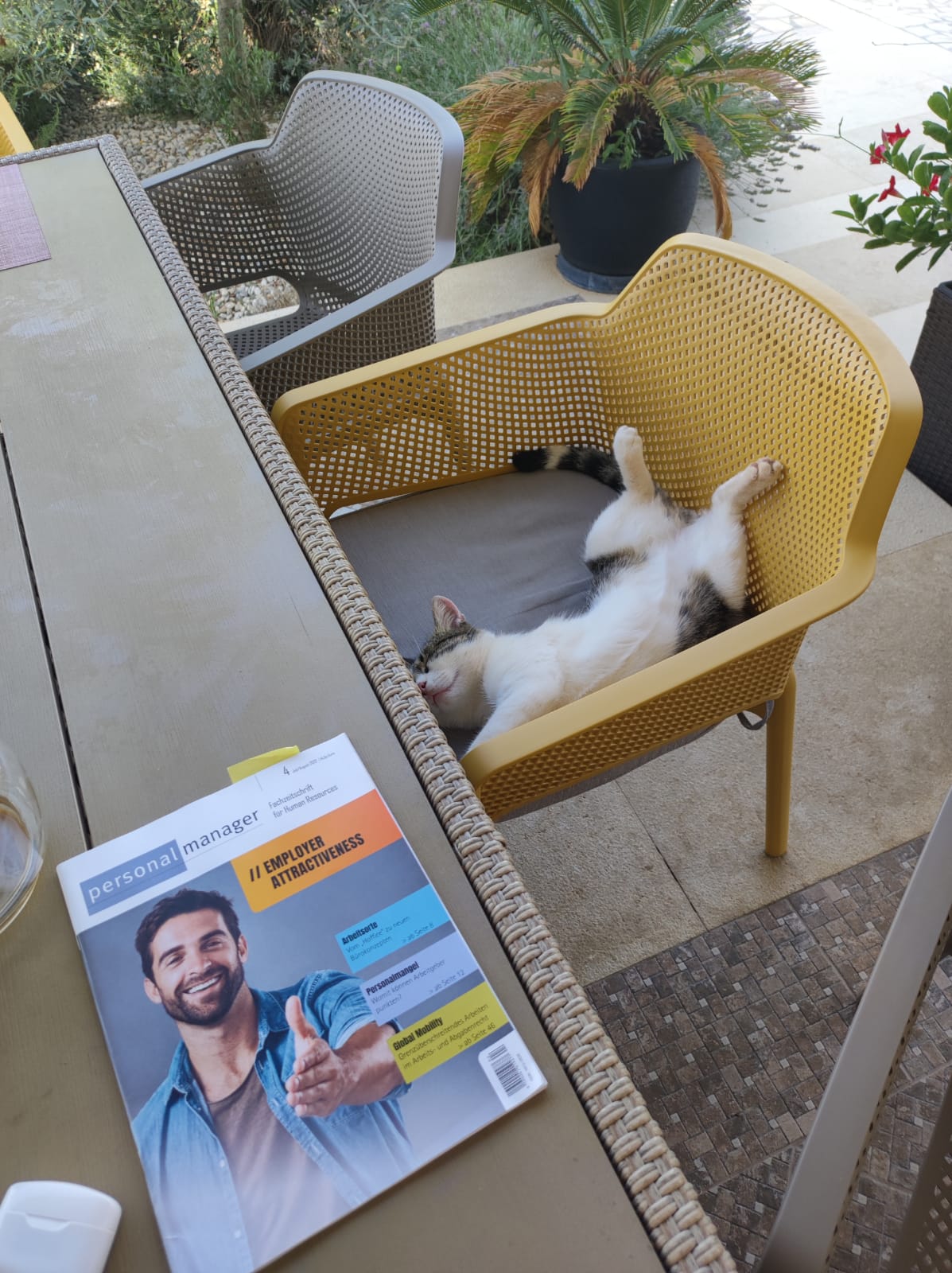
By coincidence, the new issue of Personalmanager is lying next to me at the moment. The main theme of the issue is “Employer Attractiveness”.
So, what makes an employer attractive to me?
I don’t have to think about that at all: definitely high flexibility, personal responsibility, fair compensation as well as opportunities for further development, the team and the common purpose. If you look at the latest surveys on this topic, then I am not alone in this.
Needs of Gen Z & Millenials
Deloitte surveyed 23,000 Gen Z’s and Millennials about their workplace experience. The strongest topics communicated were purpose & financial security. Due to the current global situation, both generations are worried and uncertain. This has an impact on loyalty. Almost 40% (Generation Z) want to leave their job in the next 2 years.
As an employer, you should take a closer look here. Flexible working hours & locations, purpose as well as fair remuneration should be at the top of the list of must-haves.
The Hybrid Work Concept
We at MDI have been embracing the hybrid work concept, also known as the synchronous hybrid model, for some time now. Our team likes to work this way and, according to a study by Cisco, it is also very popular with other employees.
Specifically, this means a mixture of office, home office and third workplace (on the road). MDI’s hybrid work concept currently includes 60% office, 40% home office and 3 weeks third workplace (e.g. workation). I combine one week of this with a week’s holiday in Croatia, for example. The other two weeks will be spent by two other MDI colleagues and me in Greece (Rhodes). This strengthens team bonds and increases the motivation to work on location.
Open and authentic corporate culture
Of course, the respective work concept has to fit the company. The larger, the more organisationally complex.
The right way will look different for every organisation. However, I think it is important to have a clear, open and authentic corporate culture.
Potential new employees should know exactly which working concept applies and which working modalities have to be dealt with. That way, they can get a clear picture of the future work in advance. As a company, this can also reduce the fluctuation rate.

Trust & Flexibility –
Third Workplace – A plea for more flexibility
I nevertheless plead (where possible) for more flexibility. As an organisation and/or leader, have the courage to trust – because flexibility boosts mutual trust.
In my opinion, employees should be given the highest possible flexibility in order to even be able to fulfil their role as a strong and reliable member of the team.
From my own experience, I can report that this increases motivation and loyalty immensely. And sometimes all it takes is a simple WhatsApp message …



